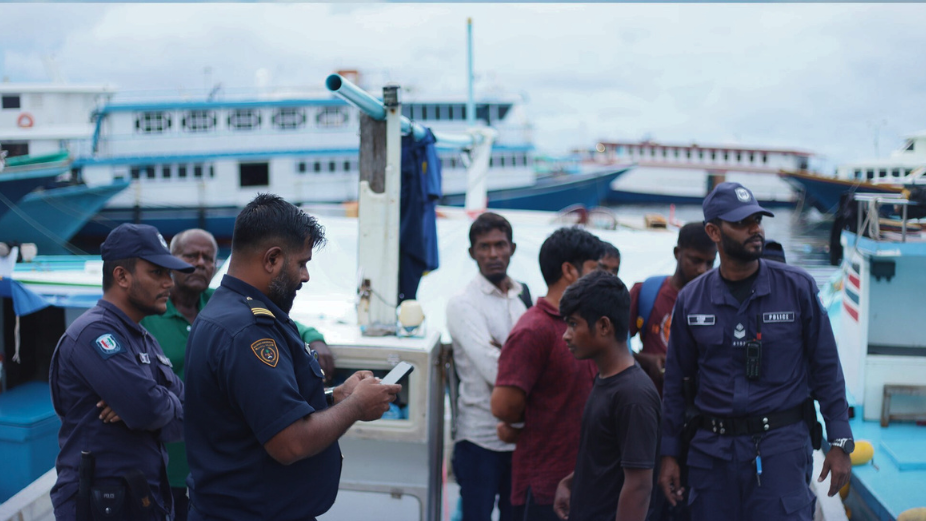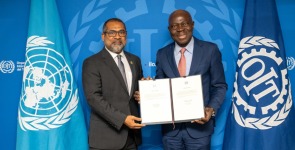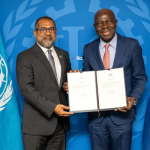
The Maldives’ efforts to address illegal immigration through “Operation Kurangi” have shown notable success, with Controller General of Immigration Mohamed Shamaan Waheed announcing the deportation of 5,000 illegal expatriates this year. This achievement aligns with President Dr. Mohamed Muizzu’s directive to prioritise tackling illegal immigration.
Speaking about the progress of Maldives Immigration, Shamaan revealed that those deported included individuals involved in unauthorised business activities. The initiative is part of a broader strategy that incorporates several complementary measures, including new platforms and enhanced monitoring systems.
Operation Kurangi’s Successes
Operation Kurangi, launched to gather comprehensive information on immigrants, has already documented biometrics and data from 10,000 individuals. This initiative has significantly enhanced the government’s capacity to monitor and regulate immigration. By establishing a detailed immigrant database, the operation has improved transparency and enforcement, creating a foundation for targeted actions against illegal activities.
Complementary Measures
In addition to Operation Kurangi, Maldives Immigration has implemented tools like the “Immigration Watch” platform, which enables the public to report suspected cases of immigration violations. This platform has facilitated community participation, allowing the government to gather intelligence more efficiently. Concurrently, the “Border Intelligence Division” has been instrumental in tracking individuals blacklisted from entering the Maldives and monitoring those who have been deported.
Regular inspections and raids on foreign-owned residences and businesses have further strengthened enforcement, ensuring compliance with local regulations. These efforts are expected to expand next year, with plans to intensify the identification and removal of illegal immigrants.
Challenges and Broader Implications
Despite these successes, the issue of illegal immigration remains a complex challenge. While Operation Kurangi has made strides in creating a robust data collection system, the long-term effectiveness of these measures depends on sustained efforts and cross-agency collaboration. Moreover, broader questions about the treatment of deported individuals and the underlying factors driving illegal immigration need to be addressed.
The government’s focus on improving immigration oversight also intersects with concerns raised by Deputy Speaker Ahmed Nazim regarding corruption within state systems. In a recent parliamentary session, Nazim criticised financial inefficiencies and misuse within the healthcare sector, particularly in the Aasandha system. He highlighted cases of inflated costs and suggested these systemic flaws undermine public trust in state institutions.
Future Directions
As the government looks ahead, the next phase of Operation Kurangi will involve expanding its database and enhancing enforcement mechanisms. Shamaan expressed optimism about the continued success of these initiatives, emphasising the administration’s commitment to maintaining immigration control.
By building on the achievements of Operation Kurangi and addressing systemic challenges, the Maldives aims to ensure a more transparent and effective approach to immigration management, reflecting its broader goal of safeguarding economic and social stability.












